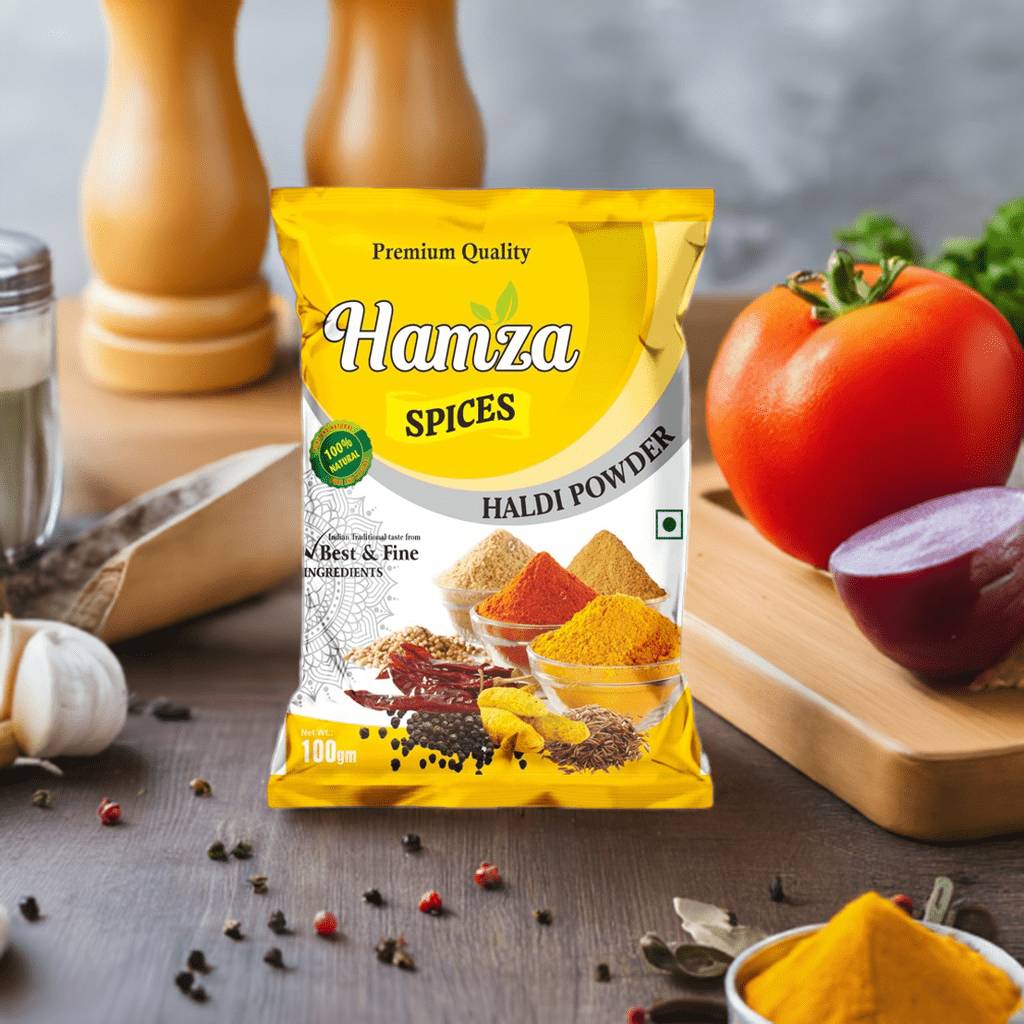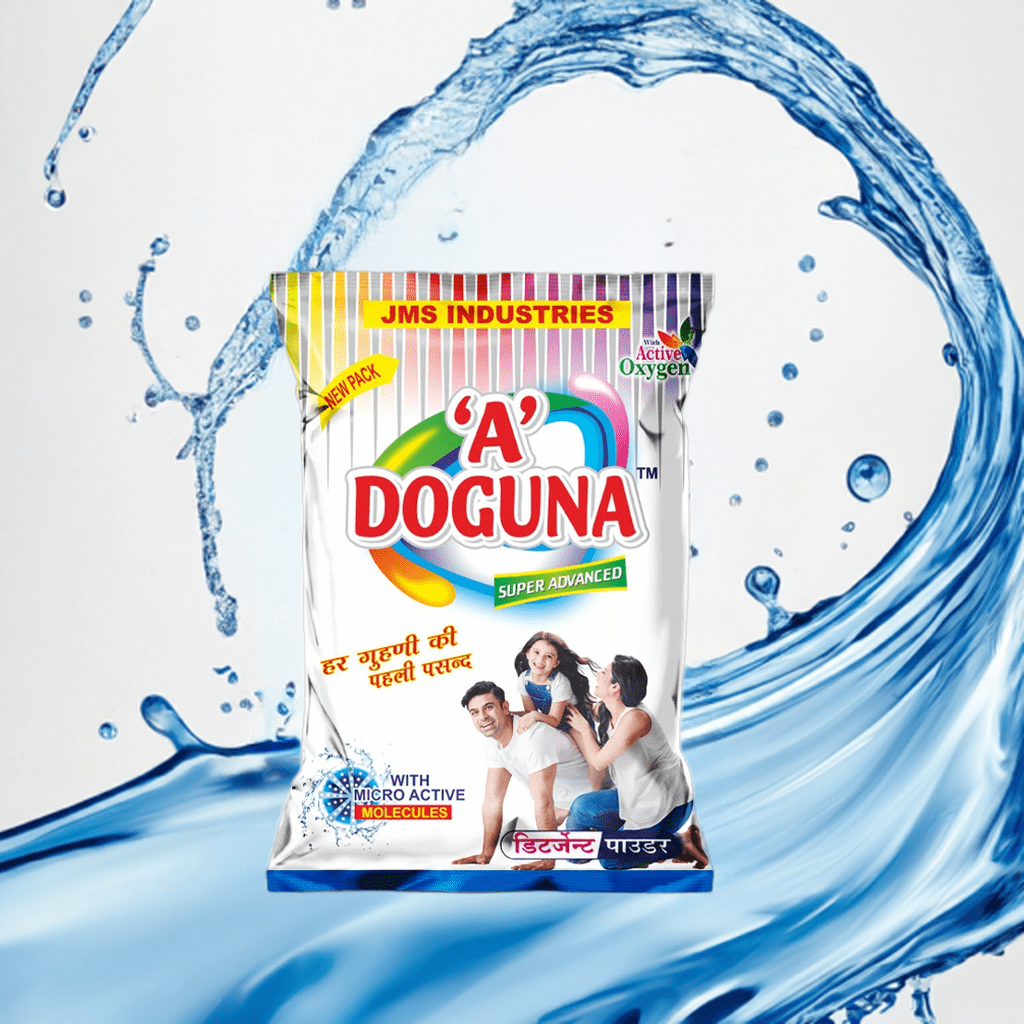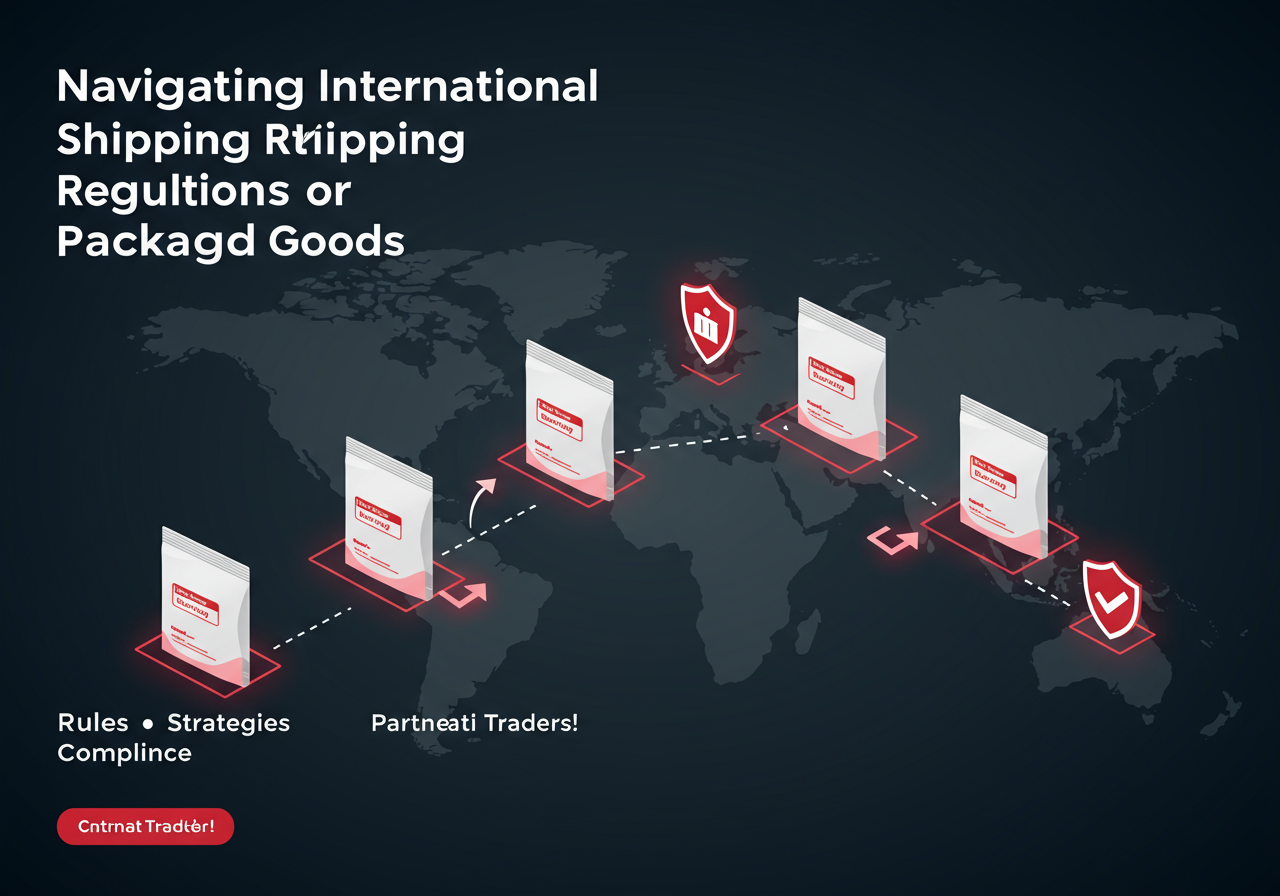For Indian businesses in FMCG, food production, agro, and pharma sectors, venturing into global markets is an exciting step. However, the maze of international shipping regulations for packaged goods can feel daunting. Getting it right is crucial for smooth operations, avoiding hefty fines, and protecting your brand’s reputation. As a leading packaging supplier in Kolkata, Tirupati Traders understands these challenges intimately. This guide will demystify the key regulations, offer practical compliance strategies, and highlight how the right packaging can be your greatest asset in global trade.

Decoding Key International Shipping Regulations
Navigating the world of global shipping starts with understanding the fundamental rules that ensure a level playing field for trade between countries. These regulations influence everything from cost allocation to how your products must be labelled. Familiarizing yourself with these terms will prevent costly misunderstandings down the line.
- Incoterms (International Commercial Terms): These are globally recognised terms that define the responsibilities of sellers and buyers. For instance, EXW (Ex Works) places the entire shipping responsibility on the buyer, while with DDP (Delivered Duty Paid), the seller, like a dedicated custom printed pouch manufacturer, manages all costs and risks until the goods reach the destination, including customs duties.
- Harmonized System (HS) Codes: Think of these as a universal language for classifying goods. These standardised numerical codes are used by customs authorities worldwide to identify products, assess duties, and collect trade statistics. Using the correct HS code is non-negotiable for preventing delays and ensuring you pay the right tariffs.
- Customs Valuation: This process determines the economic value of your goods to calculate duties and taxes. The most common approach is the transaction value method, which is based on the actual price paid for the products. Accurate valuation is essential for compliance and avoiding penalties for under-declaration.
Packaging-Specific Mandates You Can’t Ignore
The packaging itself is under strict scrutiny in international trade. Different countries and regions have specific rules designed to protect their environments and ensure consumer safety. Many businesses wonder about the role packaging materials play in international shipping regulations, and the answer is: a significant one.
Regional and Material-Specific Rules
- ISPM-15 Standards: This regulation applies to all wood packaging materials, like pallets and crates. It requires that they be heat-treated or fumigated to prevent the international spread of pests and diseases, and then stamped with an official mark of compliance.
- EU and US Regulations: Major markets have their own stringent rules. The European Union’s Sustainability Directives heavily favour recyclable and eco-friendly materials. Meanwhile, the US FDA regulations have strict guidelines for food-grade packaging to ensure product safety and prevent contamination.
Furthermore, every country maintains a list of restricted or prohibited items. As a trusted laminated pouch maker, we always advise our clients to verify these lists for their destination countries to avoid having their shipments seized. Properly designed two-layer laminated pouches can often meet these diverse requirements.

Strategies for Flawless Compliance and Cost-Efficiency
Staying compliant doesn’t have to be a burden. With a strategic approach, you can navigate customs smoothly and even optimize your shipping costs. The key is proactive planning and meticulous attention to detail.
Building a Compliant Shipping Process
For any business shipping packaged goods internationally, having the correct documentation is half the battle won. Essential papers often include a commercial invoice, a detailed packing list, the certificate of origin, and a bill of lading. For specialized goods like food or pharmaceuticals, additional permits or health certificates may be necessary. For instance, when our client Hamza Spices began exporting, we ensured their spice powder pouches had labels compliant with EU standards, which significantly eased their customs clearance process.
To ensure consistent compliance, it’s wise to work with experienced freight forwarders or customs brokers. These partners are invaluable resources who stay updated on changing regulations. You might also consider using customs management software to automate paperwork and reduce human error, ensuring a smoother journey for your products.
Tips for Optimizing Shipping Costs
- Choose the Right Shipping Mode: Carefully analyse whether air, sea, or land transport offers the best balance of speed and cost for your specific products and destinations. Bulky but non-perishable goods are often more economical to ship by sea, while high-value or time-sensitive items may require air freight.
- Consolidate Your Shipments: Whenever possible, group smaller shipments into a single larger one. This practice, known as consolidation, can dramatically reduce the per-unit shipping cost and simplify your logistics management, making it easier to track and handle.
- Design for Efficiency: Your packaging design directly impacts shipping costs. Work with your packaging supplier to create solutions that minimise dimensional weight (the space a package occupies) without compromising on protection. A well-designed stand-up zip-lock pouch can be more space-efficient than a rigid box.
Partner with Tirupati Traders: Your Packaging Ally for Global Success
Navigating the complexities of international shipping is much easier when you have the right partner. At Tirupati Traders, we specialize in creating high-quality, customizable plastic pouch packaging that meets stringent international standards. We understand that for your packaged goods to arrive safely and compliantly, the packaging must be more than just a container—it must be a guardian.
Our extensive range of solutions, including robust airtight zipper pouches and durable moisture-resistant packets, are engineered to protect your products during the rigours of transit. We cater to the specific needs of FMCG brands, food manufacturers, and pharma companies who demand reliability. Our custom printed pouches not only showcase your brand beautifully but are also designed to comply with the intricate labelling and material guidelines of global markets. Whether you need packaging for tea, detergents, or spices, we provide solutions that ensure your goods arrive fresh, intact, and ready for your international customers.
Looking Ahead: Future Trends in Shipping Regulations
The world of international trade is constantly evolving. Staying ahead of future trends will give your business a competitive edge. We are seeing a major push towards sustainability, with stricter rules emerging for eco-friendly packaging and carbon-neutral shipping options. Technologies like Blockchain and AI are also set to revolutionize logistics by enhancing transparency and automating customs processes. As e-commerce continues to boom, regulations for small parcel shipments will adapt, and the digitization of customs will reduce paperwork and speed up clearance times, making global trade more accessible for businesses of all sizes.
Conclusion: Mastering Regulations for Global Growth
Mastering international shipping regulations is a strategic imperative for any Indian business with global ambitions. By understanding the core rules, adopting robust compliance strategies, and choosing the right packaging, you can transform a potential obstacle into a powerful competitive advantage. This diligence minimizes risks, prevents costly delays, and builds a foundation of trust with your international partners. For FMCG, food, and pharma companies, this mastery unlocks smoother supply chains and opens the door to sustainable international growth. Let your commitment to quality and compliance pave the way for your brand’s success on the global stage.

